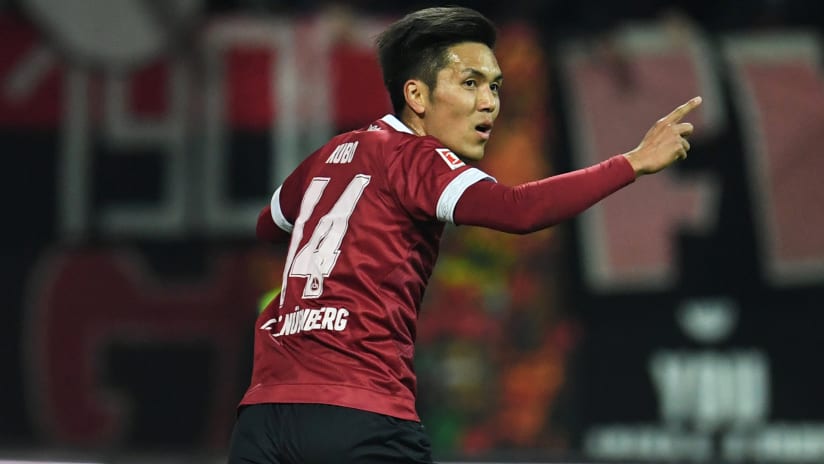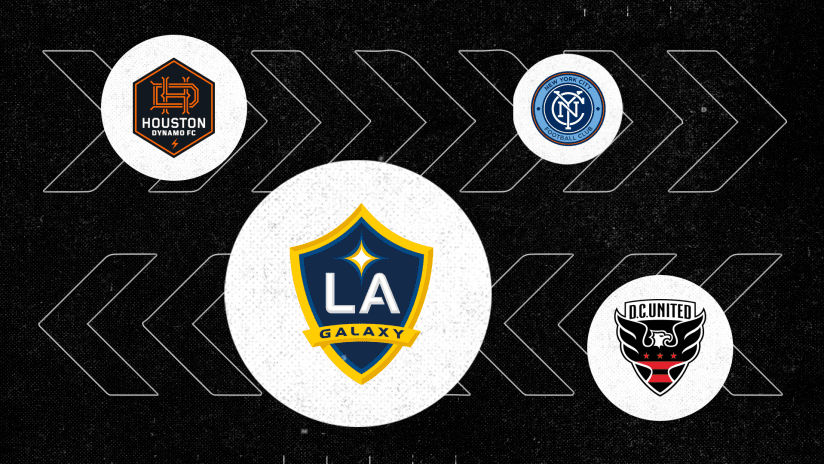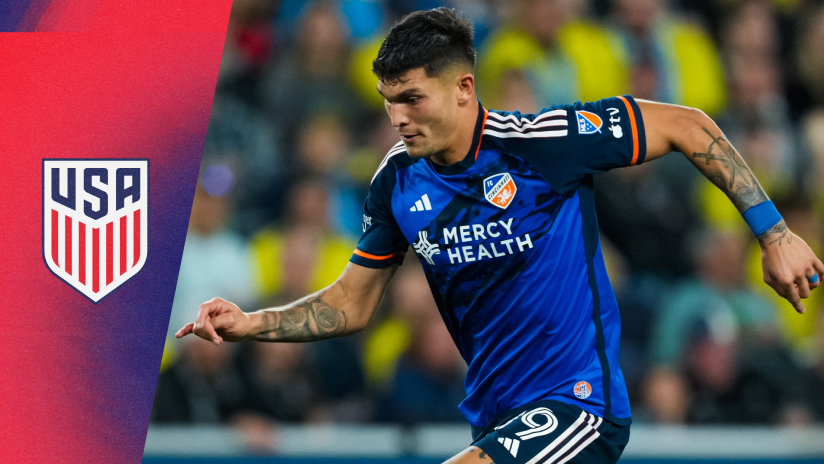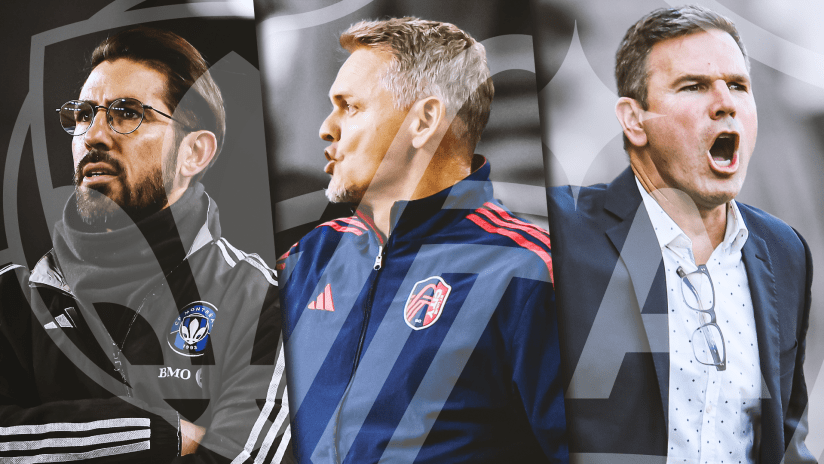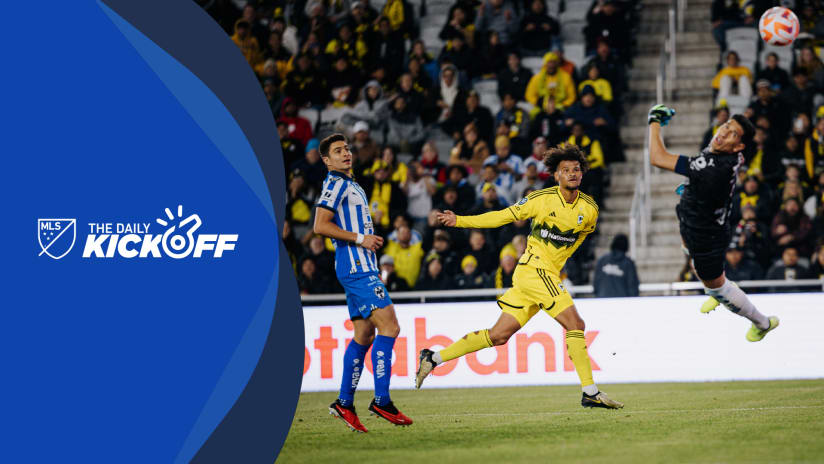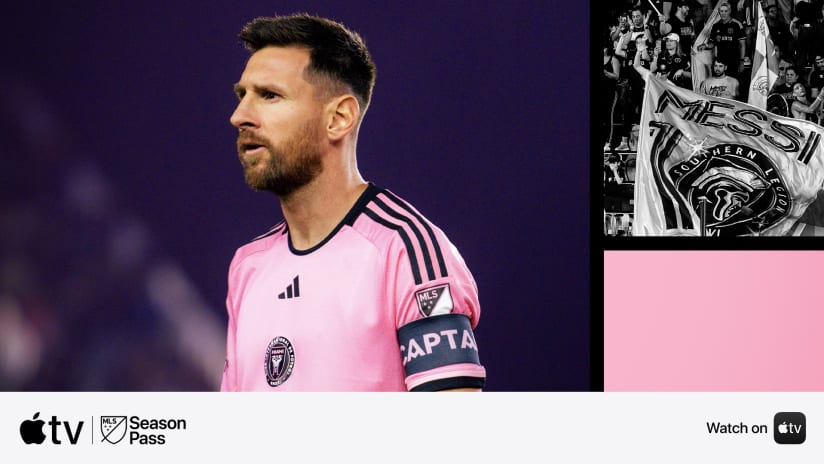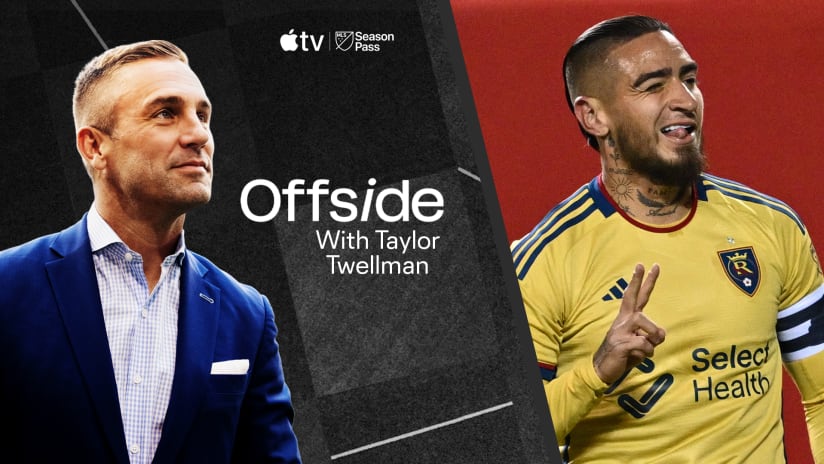Looking to bounceback from a difficult expansion season, FC Cincinnati have been rebuilding since Gerard Nijkamp took over as general manager during the middle of 2019. Without a great deal of flexibility, he has slowly been tweaking the roster to put his stamp on it.
But Nijkamp's biggest addition so far came last week, when he acquired his first Designated Player: Japanese forward Yuya Kubo.
Kubo, 26, comes from KAA Gent in Belgium and also had stops at German side FC Nuremberg and Swiss club Young Boys after leaving Japan in 2013. He also has 13 caps for the Japanese national team.
To learn more about Cincy's newest star attacker, MLSsoccer.com spoke with Eye of the Game founder and European club consultant Christian Schaekels as well as Japanese journalist Koki Harada.
What kind of player is Yuya Kubo?
Arriving at Young Boys at just 19-years-old, Kubo quickly became a regular in the side. He appeared in no fewer than 27 matches per season in his three full campaigns with the club, putting him firmly on the radar of other clubs in Europe.
With a few interested, Kubo ended up with Gent and was a good fit for a ball-dominant side.
"At the time he was transferred, I was a consultant for Anderlecht and he was on our list of interesting players," said Schaekels. "He was transferred to Gent. And so I knew him very well. What made it interesting for Gent, who liked to control possession, use width and cross the ball, was Kubo's quality to come in full sprint from midfield to finish in the center."
Kubo was used often as a second striker/No. 10 with Gent, but is also capable of playing center forward and either wing. His best role is up for debate.
“He can play any attacking position, but his best position is as a right winger," said Harada. "He can dribble, is a good shooter and can use both feet.”
Schaekels, meanwhile, sees Kubo's best position as the late-arriving No. 10 he was in Gent. Harada notes his versatility is both a good and bad thing, given he doesn't often get to settle into one position.
In 2018-19 with FC Nuremberg, he started games at five different positions. In 22 appearances, his most-used position was left wing, which he played six times. Meanwhile, from 2017-19 with Gent, he had a bit more positional consistency and enjoyed a good run over a season and a half. Kubo made the vast majority of his appearances between attacking midfield/second striker, with 22 goals and four assists.
Below is a breakdown of Kubo's goals and attacking play in the 2016-17 season with Gent, which he joined in January, as scouted and compiled by Schaekels and Eye of the Game.
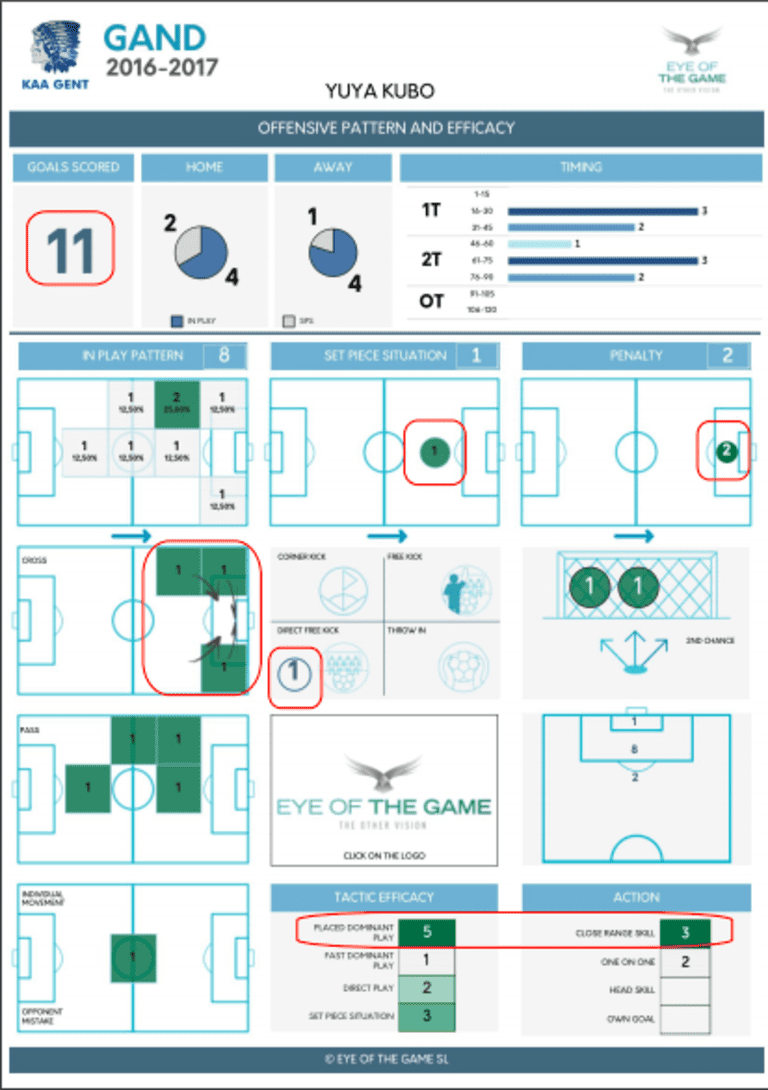
Yuya Kubo with Gent in 2016-17 | Scouted and compiled by Eye of the Game
How can he succeed in Cincinnati?
That positional flexibility will be welcomed in Ohio. Cincinnati head coach Ron Jans prefers a 4-3-3 and Kubo gives him options.
After a promising start to his European adventure, Kubo lost steam during his time on loan in the Bundesliga with Nuremberg and then returning to Gent over the summer. As simple as it may sound, regaining confidence in Cincinnati may be key.
“His confidence is not great right now," Harada explained. "When he was 19 years old, he moved to Young Boys and he improved a lot in a couple years. But when he moved to Germany, he couldn’t adapt to that team and manager. But he’s a calm guy. He doesn’t complain or say his opinion a lot. I don’t know if this is a good point or weak point."
According to Harada, Kubo wasn't released by his club for the 2016 Olympics then surprisingly wasn't selected for Japan's squad at the 2018 World Cup, falling out of favor following a coaching change. He featured in six World Cup qualifiers leading up to the tournament, but last played with the national team in a pair of friendlies a few months before the 2018 World Cup.
"He was very unlucky to not be able to go to two main tournaments in a row," said Harada. "Then he went to Germany, he lost his confidence. He needed to find a new destination. I think he found a good fit, he’ll have huge motivation in the US.”
Kubo's confidence and motivation will be key factors in if he finds success with FCC. Schaekels noticed the player began sacrificing some defensive work to focus more on attack over the course of his time in Belgium.
"It will depend on the coach, who will agree or not to reduce his defensive work," Schaekels said. "He changed his behavior when he decided it's better he played like a No. 9. Maybe he adapted to the attitude within the team."
Motivation shouldn't be a problem, with a pathway back into the national team still there for the taking as World Cup qualifying ramps up.
“Kubo still has big potential," Harada said. "If he scores 10 or 15 goals for Cincinnati, I think he’ll come back to the Japanese national team. The aim is Qatar for the World Cup.”

